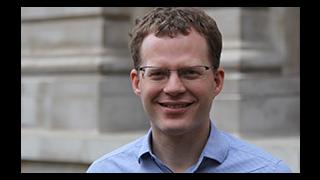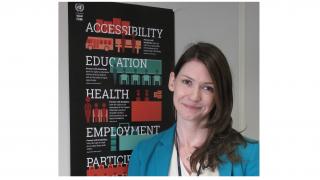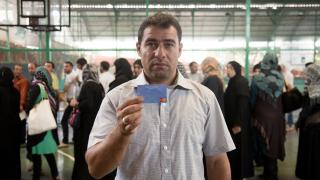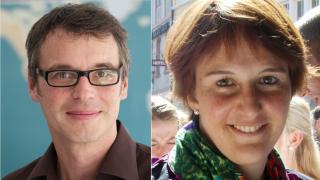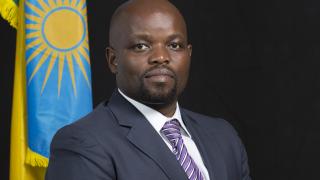
The current crisis in Yemen shows little sign of abating. Following the short lived humanitarian ceasefire in May, UN talks opened by Ban Ki-moon on 14 June broke down, having previously failed at the end of May.
A moment has therefore presented itself to raise the international community’s awareness of the situation and work towards a lasting political and humanitarian solution to the ongoing crisis. It is imperative that the UN pushes for an end to the conflict in Yemen and the resumption of dialogue.
UN peacekeeping efforts in Yemen began during the 1962 civil war, culminating in the collapse of its mission just over a year later. At the Security Council (UNSC), however, few resolutions were passed on Yemen until 2011, when ‘Arab Spring’ uprisings once again brought the country into focus.
Recent UNSC resolutions have highlighted areas of improvement but have yet to make any real progress on recommendations. One obstacle has been Yemen’s complex web of tribal factions and latent feelings of Shia marginalisation, which the UNSC has struggled to fully come to grips with.
Failure to engage with these issues has hampered missions in the past, and looks set to continue. The new UN Special Envoy to Yemen, Ismail Ould Cheikh Ahmed, says he has no current plans to visit Yemen to meet with representatives of the Houthi rebels. The UN must harness lessons learned from past failures in the country to work towards a more nuanced solution that encompasses all viewpoints.
Furthermore, any solution to Yemen’s woes must be one that deals immediately with the humanitarian impact of the conflict, which the UN humanitarian coordinator for the country has recently expressed deep concern over. Since 19 March, UN estimates place the death toll at over 1,000, with almost 5,000 injured and over 150,000 people displaced. This number has only continued to grow in the intervening time, with 20 million civilians currently requiring aid.
Food, water and fuel shortages are rife, as are rolling power cuts. Civilians continue to be caught in the crossfire. The UN, working with all parties involved, should place an emphasis on civilian protection, minimise harm and discuss the logistics of getting much needed aid into the country following its obstruction by rebel groups. Given the recent name change of the Saudi-led air campaign from ‘Decisive Storm’ to ‘Restoring Hope’, it is time to live up to this promise.
Aside from this humanitarian disaster, Yemen’s security problems also impact the wider international community. Given recent territorial expansion by groups like ISIS, the threat posed by extremists exploiting weak states is self-evident. The longer the current crisis is allowed to continue unabated, the greater the level of instability. Already, al-Qaeda in the Arabian Peninsula (AQAP) is using the chaos to regroup and seize territory. Worryingly, fears of ISIS moving into Yemen appear to have been confirmed by attacks in Sana’a.
Ultimately, UN talks will not solve everything. The devastation wrought upon Yemen and its people will take years to resolve. However, the sooner a reconciliation process begins, the sooner the country can begin to emerge from conflict and move towards a pluralistic society.
As Mr Ahmed continues to move towards future conciliatory talks, the UN must not give up hope of a dialogue just yet. Talks must move towards bringing an end to the political crisis, alleviating the humanitarian crisis and encapsulating all recent UNSC resolutions to facilitate local dialogue and encourage true democratic change. The Houthi rebels will not be an easy partner to work with, but must be brought into the fold, having already stated willingness to join the discussion.
Building upon previous engagement in Yemen, this will provide an opportunity for the UN to promote conflict prevention, alongside a peacebuilding plan focusing on development. For the people of Yemen, as well as the security of the region as a whole, it is an opportunity that must not be missed.
Jake Barker recently completed a Peace & Security Internship at UNA-UK





